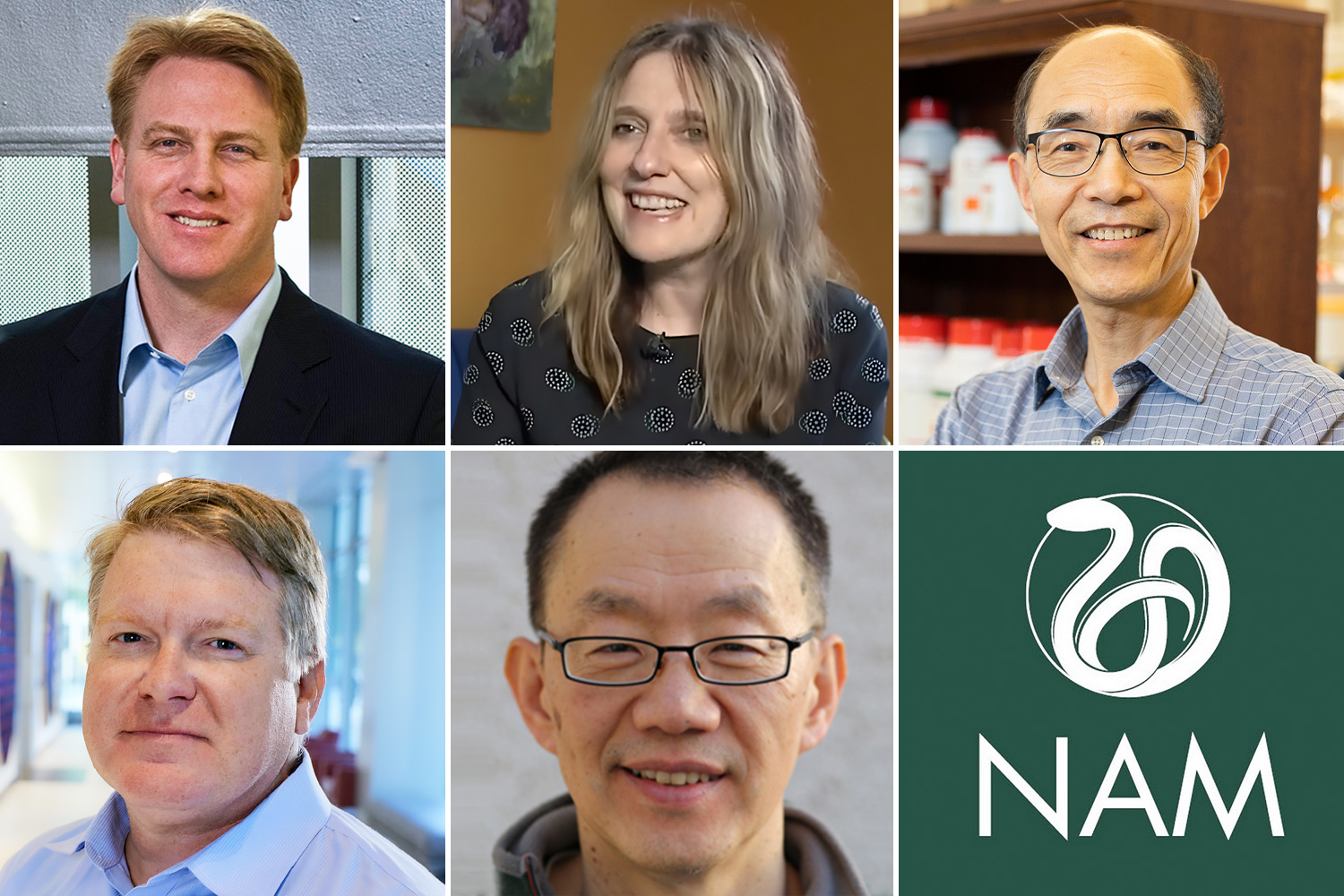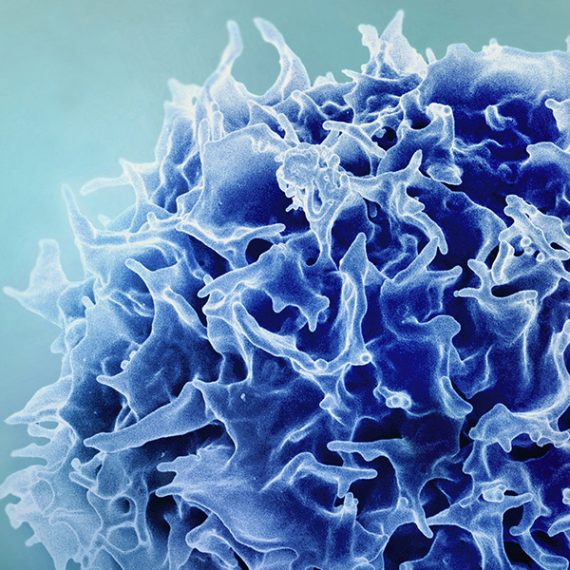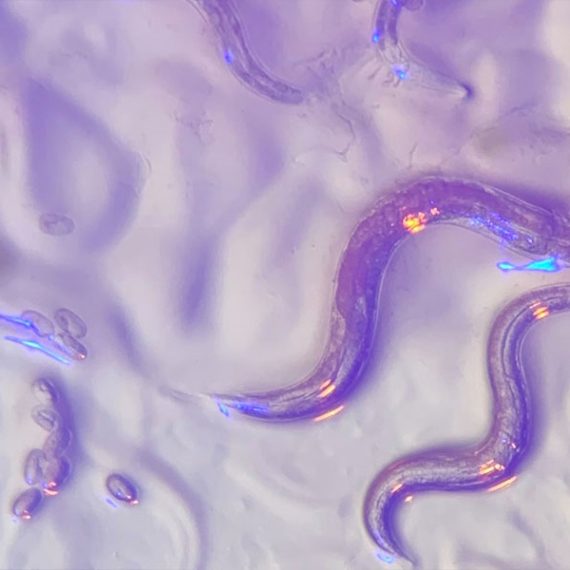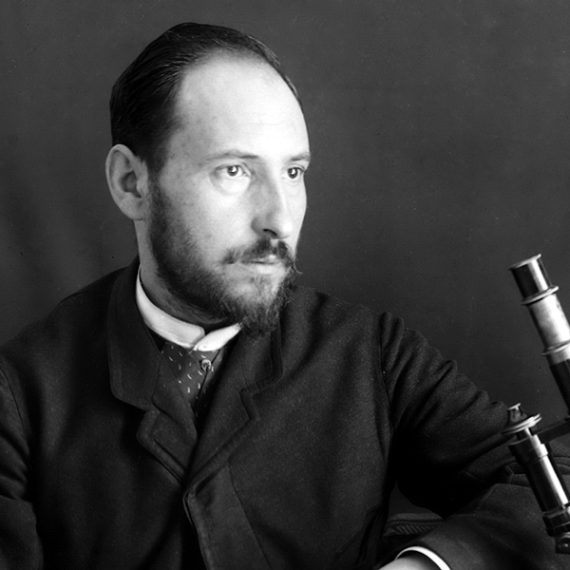Twelve with MIT ties elected to the National Academy of Medicine for 2023
Five MIT faculty, along with seven additional affiliates, are honored for outstanding contributions to medical research.

The National Academy of Medicine announced the election of 100 new members to join their esteemed ranks in 2023, among them five MIT faculty members and seven additional affiliates.
MIT professors Daniel Anderson, Regina Barzilay, Guoping Feng, Darrell Irvine, and Morgen Shen were among the new members. Justin Hanes PhD ’96, Said Ibrahim MBA ’16, and Jennifer West ’92, along with three former students in the Harvard-MIT Program in Health Sciences and Technology (HST) — Michael Chiang, Siddhartha Mukherjee, and Robert Vonderheide — were also elected, as was Yi Zhang, an associate member of The Broad Institute of MIT and Harvard.
Election to the academy is considered one of the highest honors in the fields of health and medicine and recognizes individuals who have demonstrated outstanding professional achievement and commitment to service, the academy noted in announcing the election of its new members.
MIT faculty
Daniel G. Anderson, professor in the Department of Chemical Engineering and the Institute for Medical Engineering and Science, was elected “for pioneering the area of non-viral gene therapy and cellular delivery. His work has resulted in fundamental scientific advances; over 500 papers, patents, and patent applications; and the creation of companies, products, and technologies that are now in the clinic.” Anderson is an affiliate of the Broad Institute of MIT and Harvard and of the Ragon Institute at MGH, MIT and Harvard.
Regina Barzilay, the School of Engineering Distinguished Professor for AI and Health within the Department of Electrical Engineering and Computer Science at MIT, was elected “for the development of machine learning tools that have been transformational for breast cancer screening and risk assessment, and for the development of molecular design tools broadly utilized for drug discovery.” Barzilay is the AI faculty lead within the MIT Abdul Latif Jameel Clinic for Machine Learning in Health and an affiliate of the Computer Science and Artificial Intelligence Laboratory and Institute for Medical Engineering and Science.
Guoping Feng, the associate director of the McGovern Institute for Brain Research, James W. (1963) and Patricia T. Professor of Neuroscience in MIT’s Department of Brain and Cognitive Sciences, and an affiliate of the Broad Institute of MIT and Harvard, was elected “for his breakthrough discoveries regarding the pathological mechanisms of neurodevelopmental and psychiatric disorders, providing foundational knowledges and molecular targets for developing effective therapeutics for mental illness such as OCD, ASD, and ADHD.”
Darrell J. Irvine ’00, the Underwood-Prescott Professor of Biological Engineering and Materials Science at MIT and a member of the Koch Institute for Integrative Cancer Research, was elected “for the development of novel methods for delivery of immunotherapies and vaccines for cancer and infectious diseases.”
Morgan Sheng, professor of neuroscience in the Department of Brain and Cognitive Sciences, with affiliations in the McGovern Institute and The Picower Institute for Learning and Memory at MIT, as well as the Broad Institute of MIT and Harvard, was elected “for transforming the understanding of excitatory synapses. He revealed the postsynaptic density as a protein network controlling synaptic signaling and morphology; established the paradigm of signaling complexes organized by PDZ scaffolds; and pioneered the concept of localized regulation of mitochondria, apoptosis, and complement for targeted synapse elimination.”
Additional MIT affiliates
Michael F. Chiang, a former student in the Harvard-MIT Program in Health Sciences and Technology (HST) who is now director of the National Eye Institute of the National Institutes of Health, was honored “for pioneering applications of biomedical informatics to ophthalmology in artificial intelligence, telehealth, pediatric retinal disease, electronic health records, and data science, including methodological and diagnostic advances in AI for pediatric retinopathy of prematurity, and for contributions to developing and implementing the largest ambulatory care registry in the United States.”
Justin Hanes PhD ’96, who earned his PhD from the MIT Department of Chemical Engineering and is now a professor at Johns Hopkins University, was honored “for pioneering discoveries and inventions of innovative drug delivery technologies, especially mucosal, ocular, and central nervous system drug delivery systems; and for international leadership in research and education at the interface of engineering, medicine, and entrepreneurship, leading to clinical translation of drug delivery technologies.”
Said Ibrahim MBA ’16, a graduate of the MIT Sloan School of Management who is now a senior vice president and chair, department of medicine at the Zucker School of Medicine at Hofstra/Northwell, was honored for influential “health services research on racial disparities in elective joint replacement that has provided a national model for advancing health equity research beyond the identification of inequities and toward their remediation, and for his research that has been leveraged to engage diverse and innovative emerging scholars.”
Siddhartha Mukherjee, a former student in HST who is now an associate professor of medicine at Columbia University School of Medicine, was honored “for contributing important research in the immunotherapy of myeloid malignancies, such as acute myeloid leukemia, for establishing international centers for immunotherapy for childhood cancers, and for the discovery of tissue-resident stem cells.”
Robert H. Vonderheide, a former student in HST who is now a professor and vice dean at the Perelman School of Medicine and vice president of cancer programs at the University of Pennsylvania Health System, was honored “for developing immune combination therapies for patients with pancreatic cancer by driving proof-of-concept from lab to clinic, then leading national, randomized clinical trials for therapy, maintenance, and interception; and for improving access of minority individuals to clinical trials while directing an NCI comprehensive cancer center.”
Jennifer West ’92, a graduate of the MIT Department of Chemical Engineering who is now a professor of biomedical engineering and dean of the School of Engineering and Applied Science at the University of Virginia at Charlottesville, was honored “for the invention, development, and translation of novel biomaterials including bioactive, photopolymerizable hydrogels and theranostic nanoparticles.”
Yi Zhang, associate member of the Broad Institute, was honored “for making fundamental contributions to the epigenetics field through systematic identification and characterization of chromatin modifying enzymes, including EZH2, JmjC, and Tet. His proof-of-principle work on EZH2 inhibitors led to the founding of Epizyme and eventual making of tazemetostat, a drug approved for epithelioid sarcoma and follicular lymphoma.”
“It is my honor to welcome this truly exceptional class of new members to the National Academy of Medicine,” said NAM President Victor J. Dzau. “Their contributions to health and medicine are unparalleled, and their leadership and expertise will be essential to helping the NAM tackle today’s urgent health challenges, inform the future of health care, and ensure health equity for the benefit of all around the globe.”




